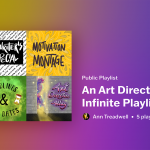The Curse of Knowledge

We’ve all fallen victim to the curse of knowledge in one way or another. Maybe you had a coworker who didn’t quite “get it” after you gave a presentation; or perhaps you had to go through several rounds of revisions before you realized a client didn’t like the color yellow.
The curse of knowledge is a cognitive bias. When you assume everyone has the same background, understanding or perception of a certain subject as you do—gotcha! You’ve fallen prey to the curse of knowledge.
As marketers and branders, it’s extra important that we avoid the curse of knowledge as much as possible. We need to ensure we are clear and understandable not just to our team, but to our audiences and clients. If it’s not clear what we’re selling, how will we be able to entice someone to buy?
Here are 7 simple tips to avoid the curse of knowledge.
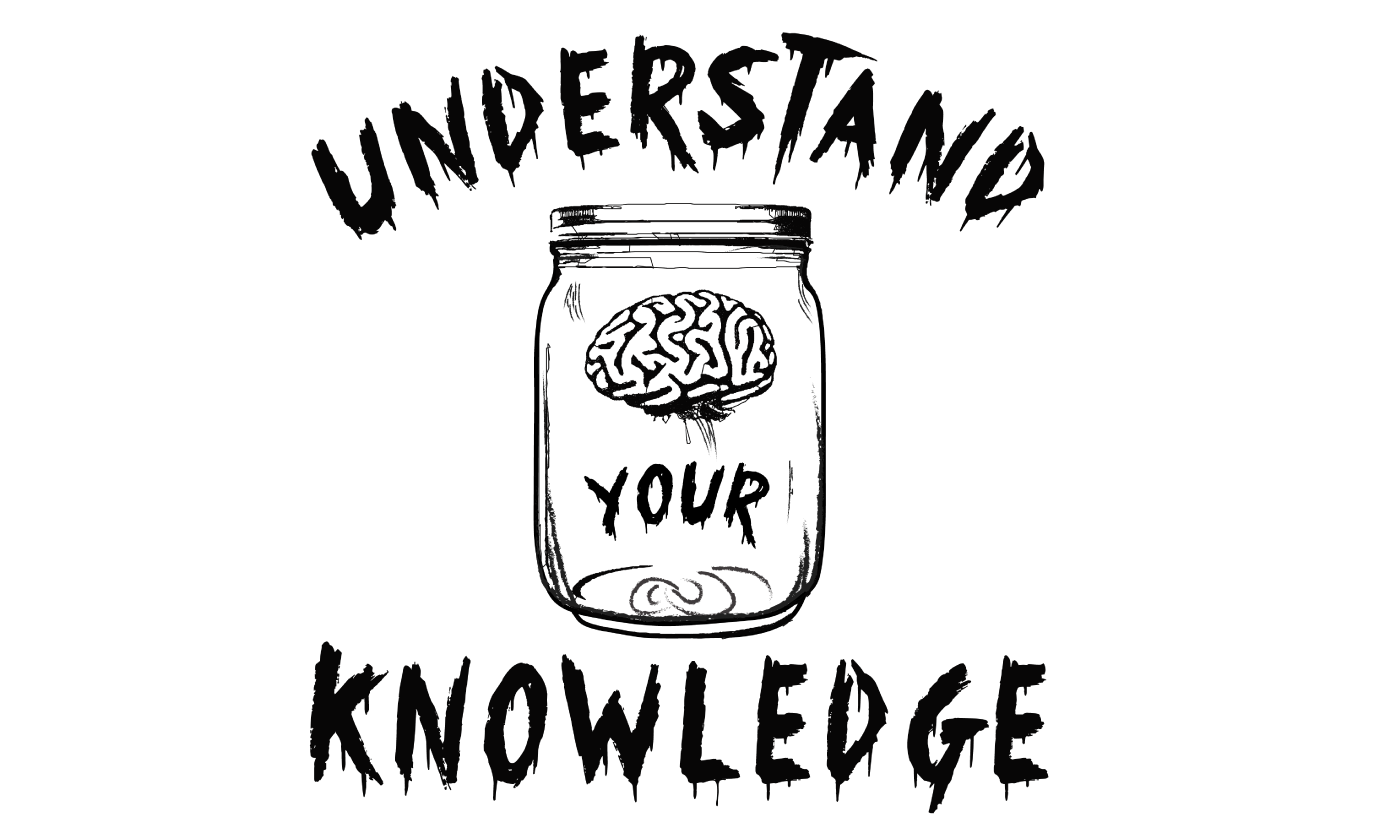
The key to properly explaining anything is a comprehensive understanding of the subject. Everyone sees the world differently and questions are inevitable. Your product or service can be life-changing but if you don’t fully know why it’s so special—or how it works—there will be confusion at best and disinterest at worst.
Maybe your app boasts zero downtime, but how? Is it through cloud servers? 24-hour IT service? A proprietary process for update deployments? Enhanced security? A combination of all of the above?
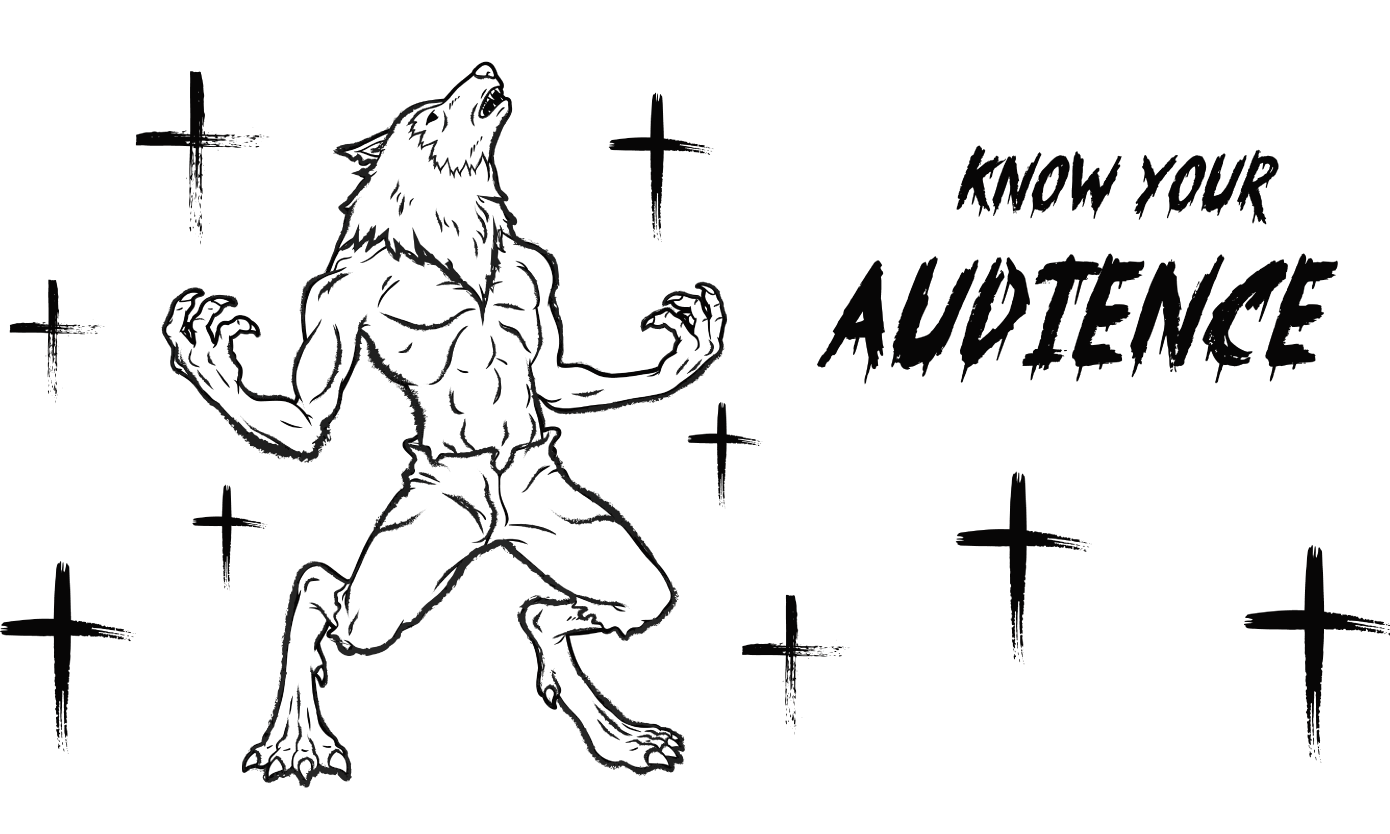
Understanding who you’re talking to is often just as important what you’re talking about. In advertising, your messaging is put out into the world for all to see. Your audience doesn’t necessarily know you’re speaking to them. Make it relevant and easy for them to understand.
Your new cleaning service sounds amazing! I can pick a time and day and list what I need cleaned all on a simple form—which I can conveniently download through a QR code. But if your audience is less tech-savvy they may not even know how to access that list!
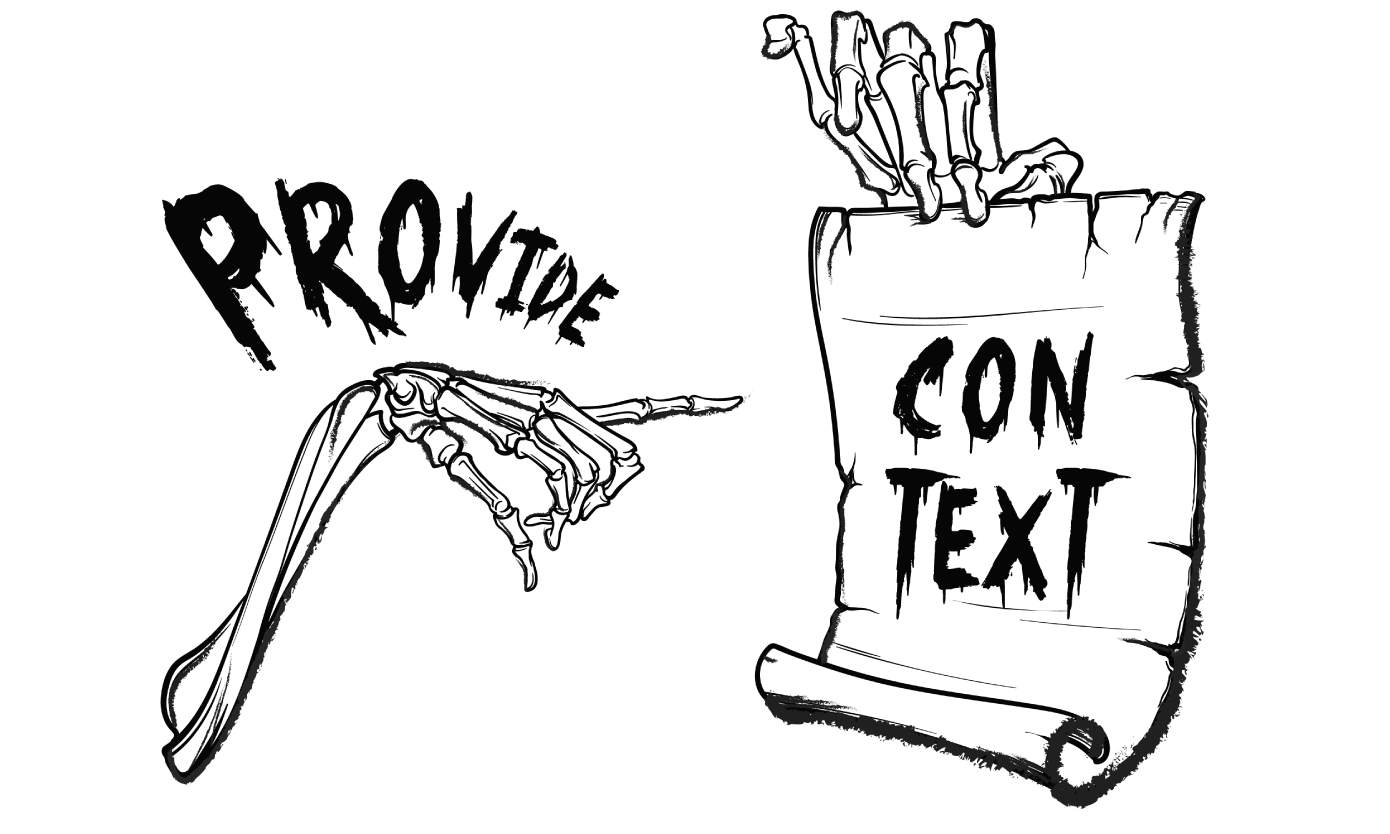
Ensure your audience can be in your shoes. As marketers, we often spend days—if not weeks and months—working on collateral and content for our brands. But your audience may have only learned about your particular brand the moment they started reading. Give them background information. It’s often needed to see the full picture.
Maybe your new gadget has special grooves that make it stand out, but if we don’t know that the design makes it stronger than the competition you’ve just got the same thing in a new look.
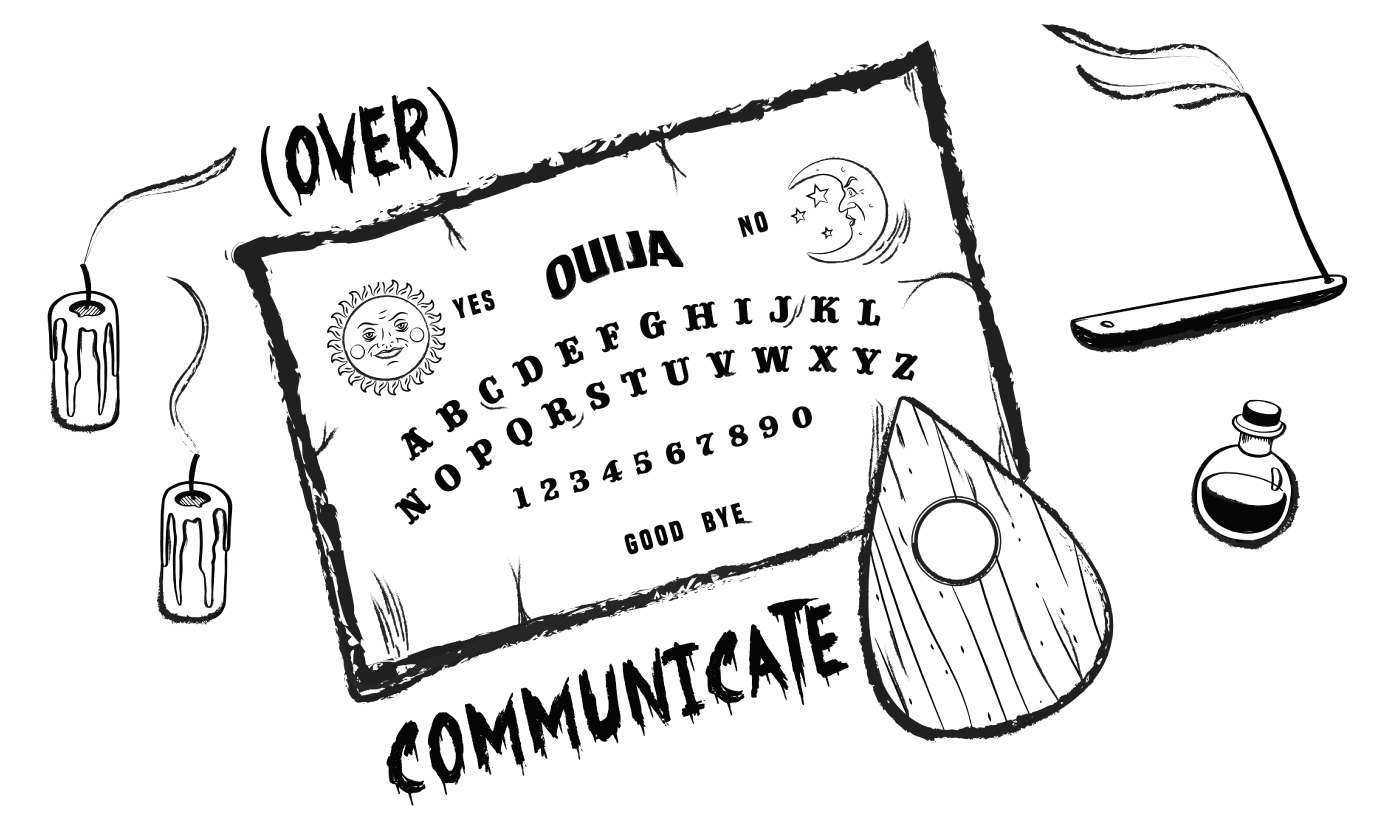
In an industry where less is more, this may seem counterintuitive, but it’s important that everyone gets the full story. Sometimes that extra context really is extra, but make sure the information can be found somewhere. “Learn more,” “read on” and “see how” are popular call-to-actions for a reason.
You may be a copywriter passionate about communication and sharing information, but if you nod and say “ah, Roman concrete” in response to someone offering additional context, only the person who sits next to you knows that’s how you learned about the concept of the curse of knowledge in the first place.
p.s. Those Romans knew how to build! Keep an eye out, their concrete might be coming soon to streets near you.
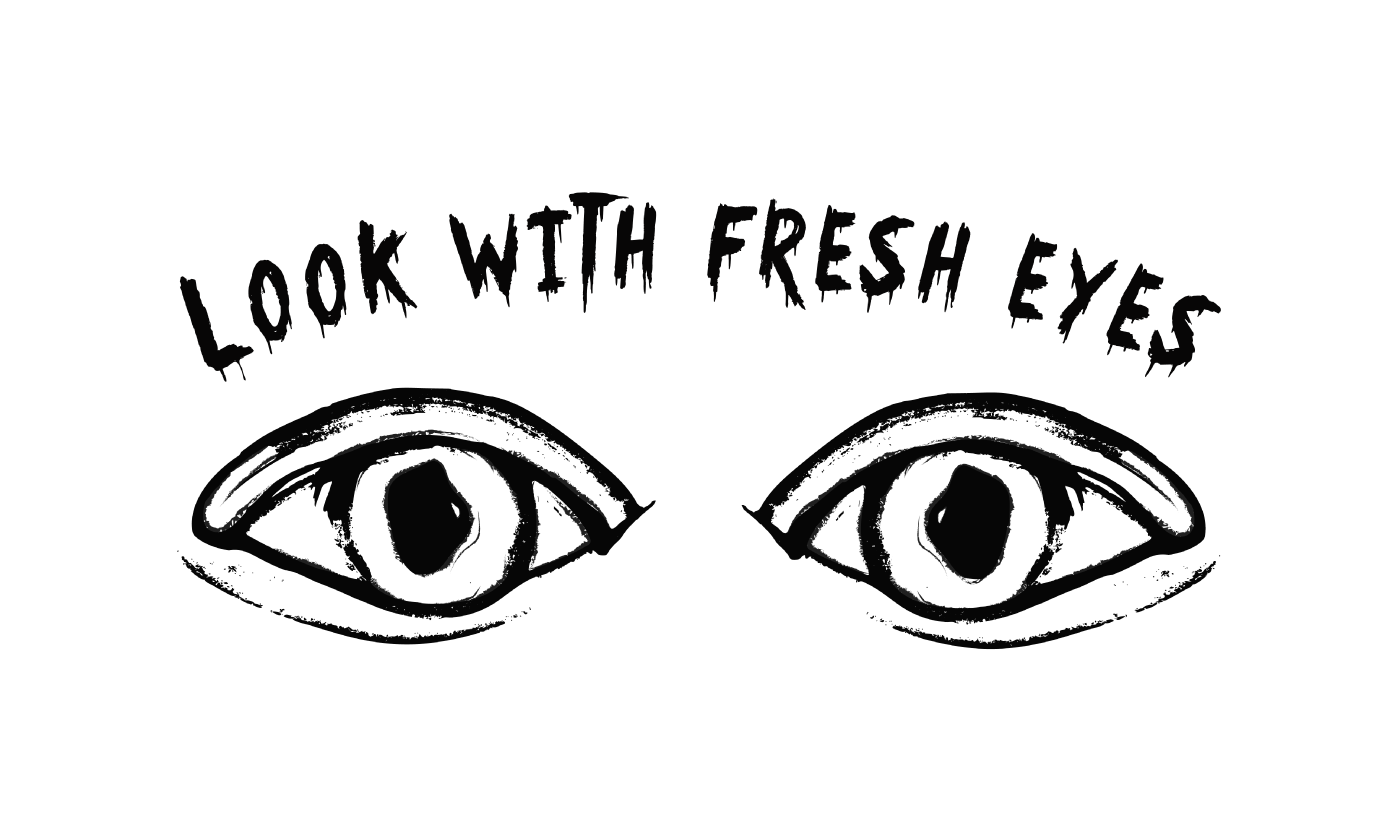
You can never know how much or how little someone will know when interacting with your brand and its content. Review work as unbiased as possible. Put your design away for an hour and go for a walk before you look at it again. Proof and edit writing the next morning. Get help if needed and ask someone who hasn’t been involved in the project to take a look.
Your launch campaign is a winner. It’s dynamic, interactive and impeccably designed. But if I need to listen to the sound to get the full story, I might miss out because I forgot my headphones at home.
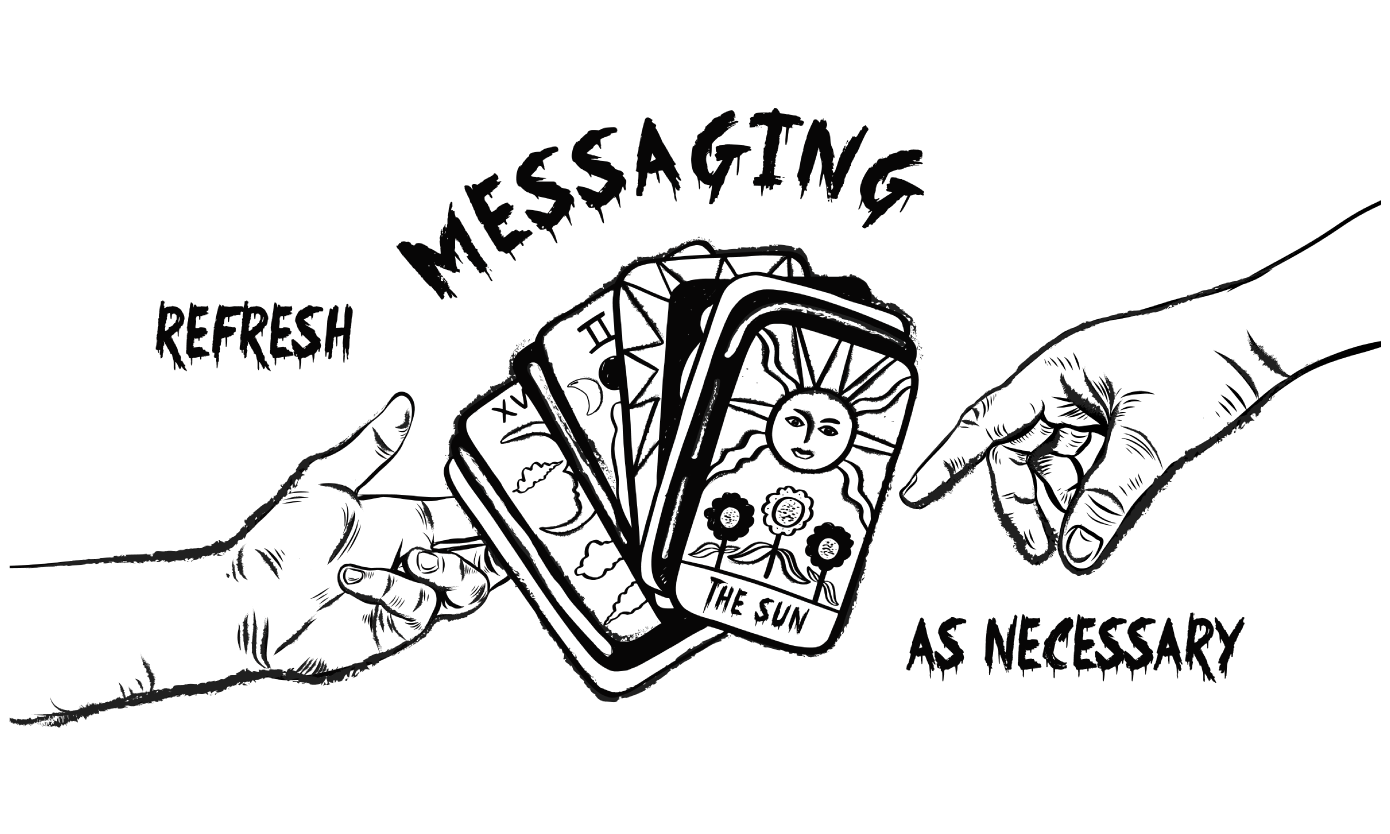
Sometimes a rephrase is the answer to a lot of questions. Not only do we all experience life differently, but we often use different words. A change in vocabulary can go a long way in ensuring everyone is on the same page—and simplicity reigns supreme.
If your product improves efficiency, it also saves time and money. Promoting an agile strategy is also promoting a flexible strategy. A hypothetical writeup at the end of blog section can also be called the real-world examples.
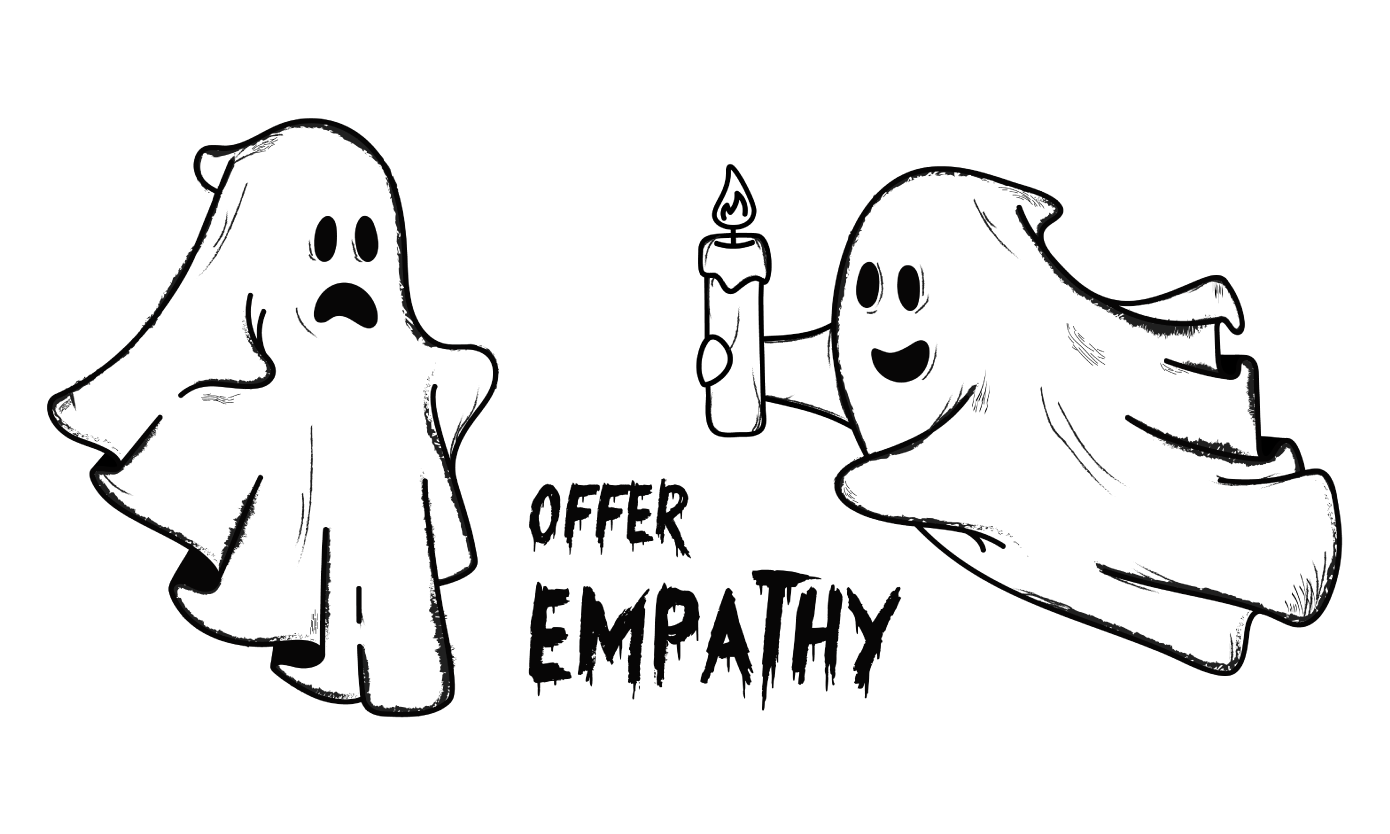
We’ve all been in a frustrating situation. Whether you’re not understanding the person explaining a subject, or you’re having difficulty making yourself clear—empathy will lead the way. You may not be able to completely rid yourself of the curse of knowledge, but empathy will ensure you find common ground in the end.
Now that you’ve learned how to avoid the curse of knowledge, you may remember that coworker who just didn’t “get it.” Maybe they would have benefitted from a refresh in messaging or perhaps you didn’t understand your audience quite as well as you thought you did. Dang…maybe you should send them a quick teams message.
Now that you’ve got seven lucky tips to help fight off the curse of knowledge, get out there and communicate with the world! Let research, context, clarity and empathy be at the heart of your strategy. And if you need an agency to help you keep it all together, give BatesMeron a call.

